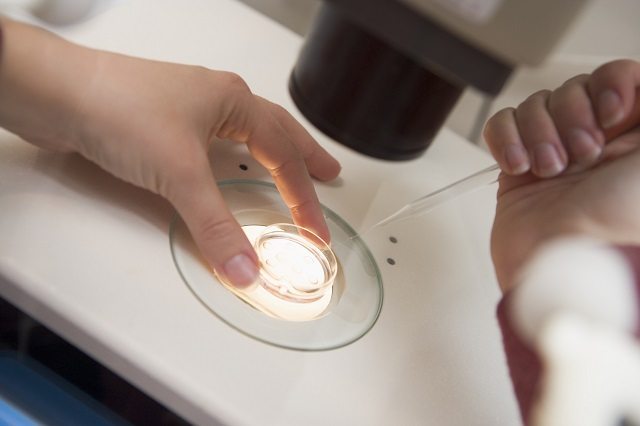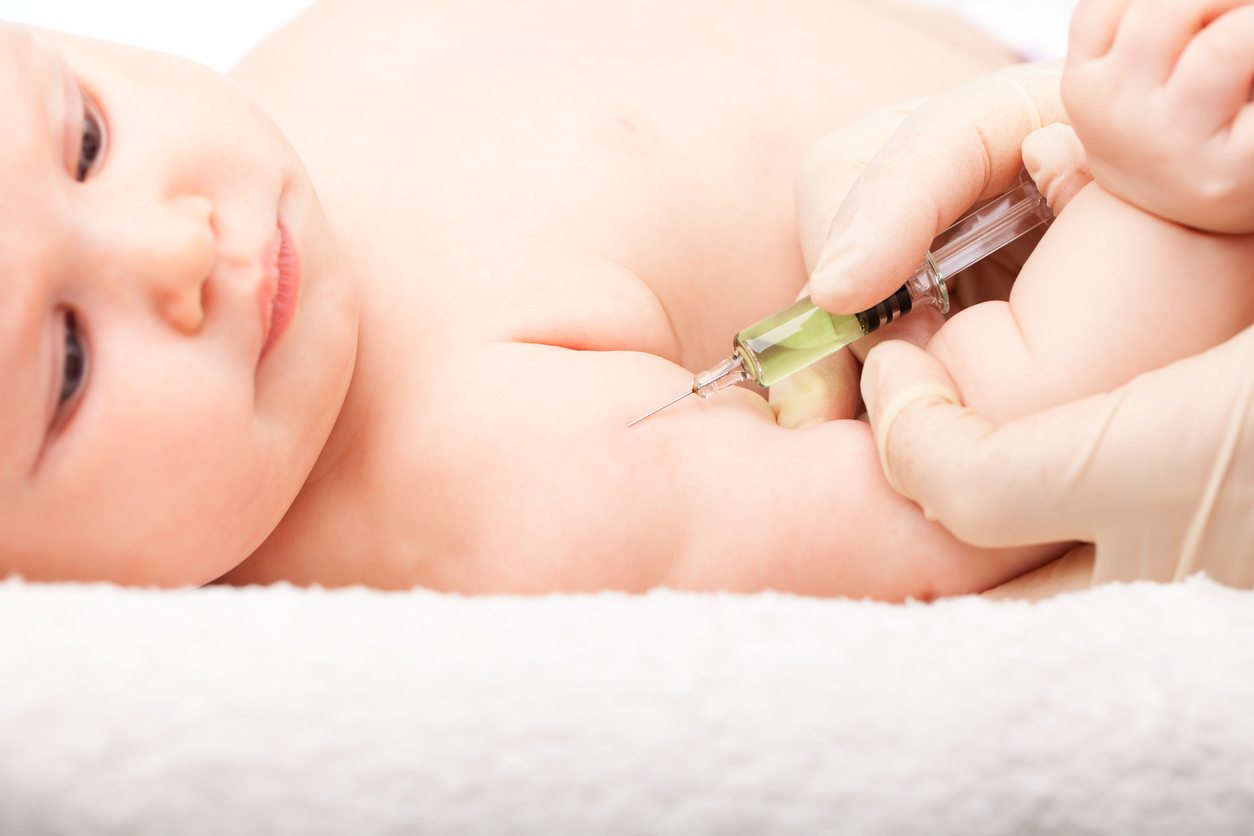Stress is reported to be one of the main contributing factors why couples initially struggle to conceive.
Fertility experts often say that stress can get in the way of conceiving a baby and once a woman relaxes, which we know is easier said then done, she finds she’s able to get pregnant.
Stress is thought to affect the function of the gland in the brain that regulates the hormones that tell the ovaries to release eggs. It can also leave you with a lack of interest in sex making conceiving a baby impossible.
Experts at the University of California may have developed a breakthrough drug that could help turn off the effects of stress on the body.
Scientist at the university have found that reducing levels of a hormone called RFRP3 could decrease levels of stress which in turn could help women to conceive.
The hormone, which has only recently been discovered, is produced in our brains and is thought to protect the body when stressed.
A team of experts looked into whether the hormone can also shut down reproduction later in life. “A strikingly high proportion of healthy women struggle with fertility and our findings provide a new focus for the clinical study of human reproductive health,” says Anna Geraghty, the study’s lead author.
Testing the theory on rats, the experts put the animals under psychological pressure for a few hours a day for almost three weeks before trying to mate them. Researchers found that the rats were less interested in mating and those that did get pregnant were likely to miscarry, meaning that the overall birth rate fell to a quarter of the usual number.
But the effects of stress were not short-term, the rats stayed stressed after the psychological pressure had stopped. Even four days later, which is around a month in ‘human time’, the rats still had birth rates as low as the ones that were stressed as the levels of RFRP3 remained high.
After blocking the gene for the hormone, the experts found that the rats were able to get pregnant despite being stressed.
“What’s absolutely amazing is that one single gene controls this complex reproductive system, and that you can elegantly knock this gene down and change the reproductive outcome completely,” says Kaufer, an association professor of integrative biology.
While the method that the scientists used may not be suitable in women, the experts say they now know what to look for and are planning to create a drug that is safe for women to take.
maternity & infant
Originally posted 2017-01-03 13:31:45.









